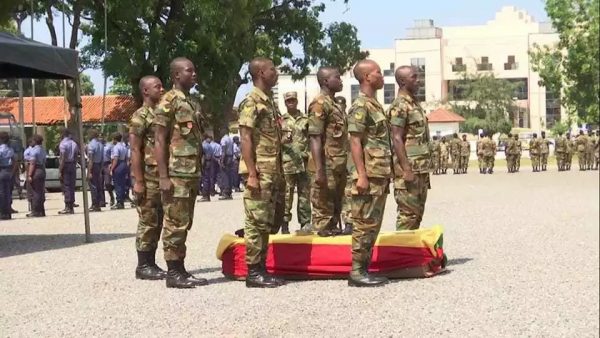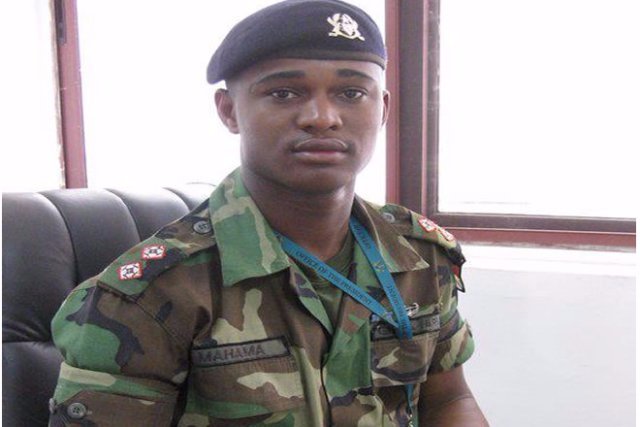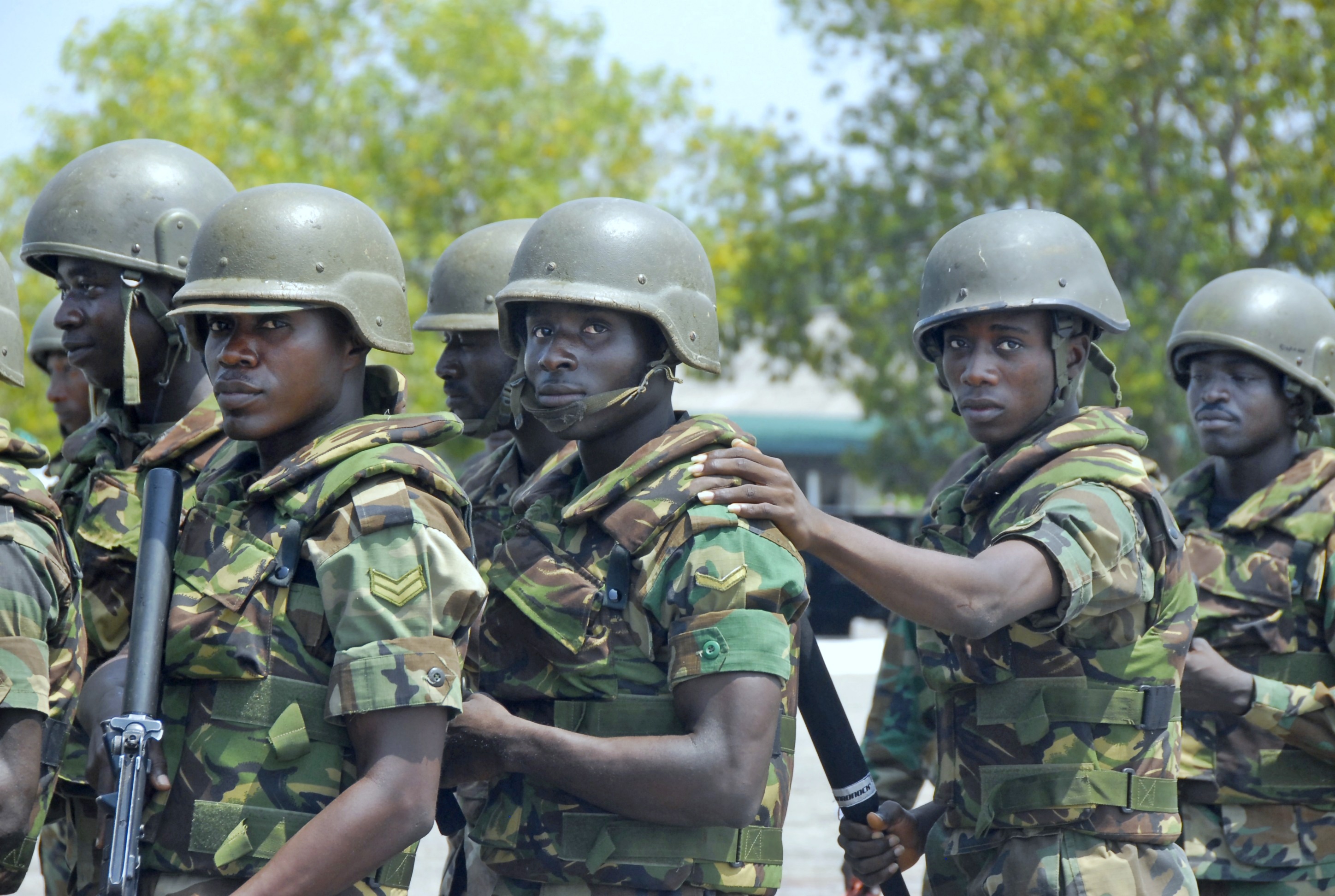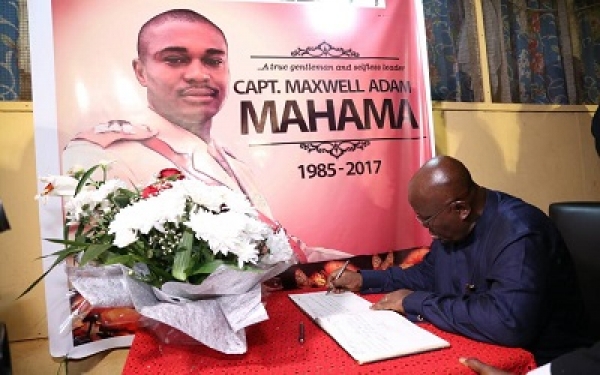Major Boakye Gyan wanted Maj. Mahama’s ‘killers’ executed same day he was buried
- Posted on
- Comment
 Retired army major Osahene Kwadwo Boakye Gyan says lynching should be made a treasonable offence and there should be summary trial for culprits.
Retired army major Osahene Kwadwo Boakye Gyan says lynching should be made a treasonable offence and there should be summary trial for culprits.
He said this can curb future cases after Major Maxwell Adam Mahama was gruesomely lynched at Denkyira-Obuasi in the Central Region. Speaking on the trial of about 30 persons for the unfortunate incident on Monday, May 29 on TV3’s Hot Issues, Major Boakye Gyan (rtd) said “there are so many loopholes” in the judicial system that the arrested may be freed, if due diligence is not taken.
“They can come out and nothing will come out from [the case],” he suggested, protesting that an outcome like that will not be “fair”. “It is not fair for [Major Mahama] and his people.” The late army major, who was commanding a military detachment in Upper Denkyira West District capital Diaso, was buried on Friday, June 9 at the Osu Military Cemetery after a state funeral. But some Denkyira-Obuasi residents who were involved in his lynching are still standing trial for various offences. Major Boakye Gyan (rtd) opined that “the people who are caught must be executed the same day the man is buried”. He said because of the terminal nature of the offence, “the sentencing must be high treason”.
Mahama Law Major Mahama was a member of the 5 Infantry Battalion Unit of the Ghana Armed Forces – the same mother unit for Major (rtd) Boakye Gyan while he was in the army. He, therefore, empathized with the fallen soldier. A leading architect of the 1979 revolution in Ghana, Major (rtd) Boakye Gyan says the stories surrounding the death of the former army captain are incomprehensible. According to him, the narratives are one-sided and the police need to do a good job to get all angles to the issues. He stated, for example, that he cannot believe the deceased officer walked or jogged for that long between his base at Diaso and Denkyira-Obuasi, where he was killed.
“Who gave that information to the police?” he queried. He said since the dead cannot speak for itself, all narratives may be falsified. But one thing can bring justice, he suggested, which is the execution of the culprits. He said that can be called the ‘Mahama Law’ so that it will deter others from towing similar path in future.
By Emmanuel Kwame Amoh









 (Selorm) |
(Selorm) |  (Nana Kwesi)
(Nana Kwesi)